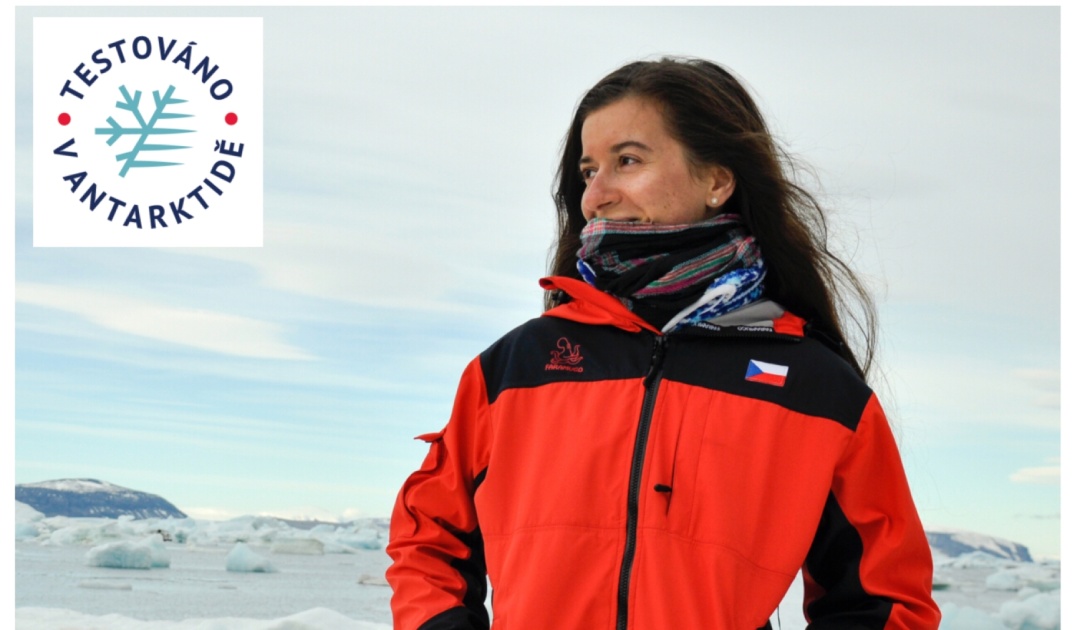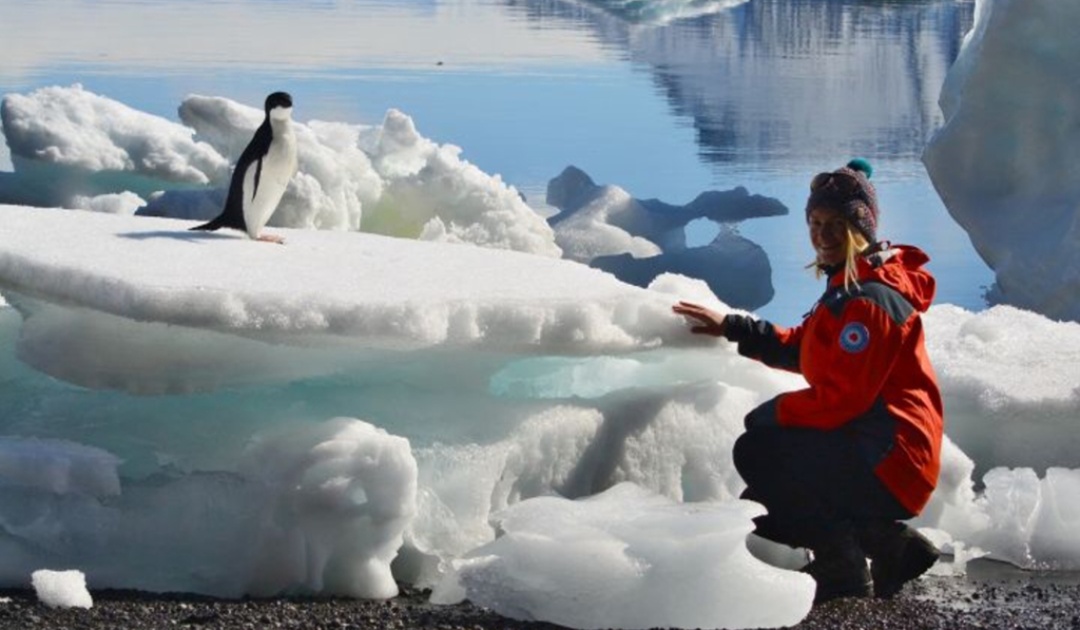
To satisfy a governmental demand of profitability, the Czech Antarctic Programme started to test outdoor clothing at their research station in Antarctica.
From 2017 until 2021, the Czech Republic’s prime minister was the businessman and billionaire Andrej Babiš. One of his important policies was to run the country like a business and to make it more profitable.
This focus on profits reached as far as the country’s universities, including The Czech Antarctic Programme at Masaryk University in Brno. But when you run a research station in Antarctica, immediate profits are usually not top-of-mind.
“It was really not so easy to explain why monitoring glaciers in Antarctica can make money for the Czech Republic,” Pavel Kapler, Chief of Operations at the Czech Antarctic Programme told Polar Journal.




Created a list of companies
But the lack of profits risked costing the programme its valuable government funds. A solution had to be found, and Pavel Kapler himself thought of a creative one: A registered trademark that allows outdoor clothing brands to advertise that their products have been tested in Antarctica.
First, he registered the trademark Tested in Antarctica, and created a website for trademark. Afterwards, he worked hard to gather a group of companies who were interested in testing their jackets, coats, hats, thermal underwear, hiking boots, socks and other equipment on the frozen southern continent.
Once a list of interested companies had been gathered, he brought it to the government.
“At that point, the government said: ‘Okay, you can run your station’,” Pavel Kapler said.


Like testing for space
The new trademark was beneficial to all parties. The government was satisfied that the Antarctic station was collaborating and providing value for a range of profitable companies. The Czech Antarctic Programme made some money, although not much, but were mostly happy to please its government.
And for the companies, the Tested in Antarctica trademark was good advertisement.
“The companies found it valuable because all the products that were good for Antarctica could maybe be good for space too. Or imagine if you want to claim that your product was tested in all continents; you can’t do that without Antarctica,” Pavel Kapler said.
And Pavel Kapler, who came up with the idea and executed it mostly on his own, had personal motivation to work so hard on it. His educational background is in agriculture, so even though he wanted to, he could not work directly with the science conducted in Antarctica.
Instead, he was happy when he got the job as Chief of Operations in the programme, a more practical job. But the operational role also means that his salary comes directly from the Czech government, not from the universities as most of his colleagues’.
“I was the only one whose salary was fully dependent on the governmental support, so I was the only one who really needed it to continue. That’s why it became my personal project to keep this project running,” he said.


178 product tests
And even though the government of Andrej Babiš is no longer in office, the Czech Antarctic Programme is still testing equipment in Antarctica. In fact, the scheme is now expanding to customers from outside the Czech Republic, most recently a Swedish one.
According to the Tested in Antarctica website, 178 product tests have been conducted so far. These are spread across 23 products, and, in total, 11 licenses to use the trademark have been granted.
With the success of the trademark, Pavel Kapler and the Czech Antarctic Programme intends to keep running it for the foreseeable future. You never know when it will be politically advantageous to have a profitable science programme, he argues.
But, as Kapler made sure to point out, at the end of Andrej Babiš’ term in office his government was, in fact, very financially supportive of the programme. Politics can be difficult to predict, and he does not intend to take part in it.
“We are a strictly non-political entity. Antarctica should be out of politics in general, and we need to be friends with all governments,” he said.
Ole Ellekrog, PolarJournal
More on the subject





